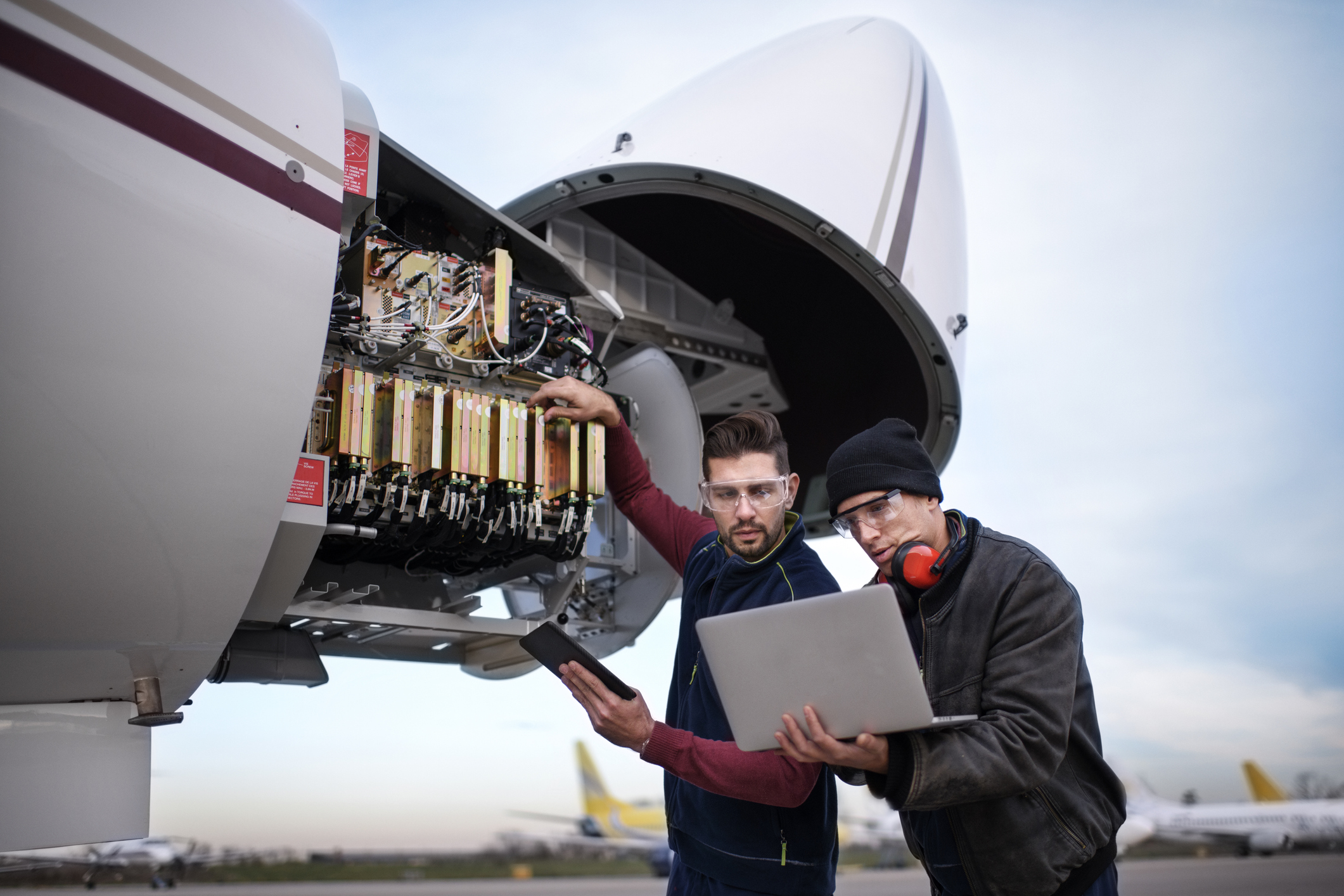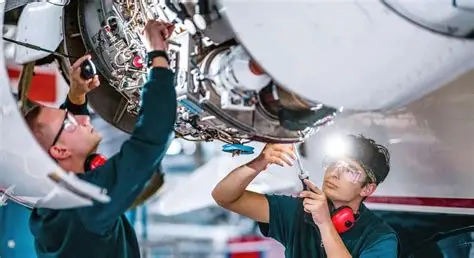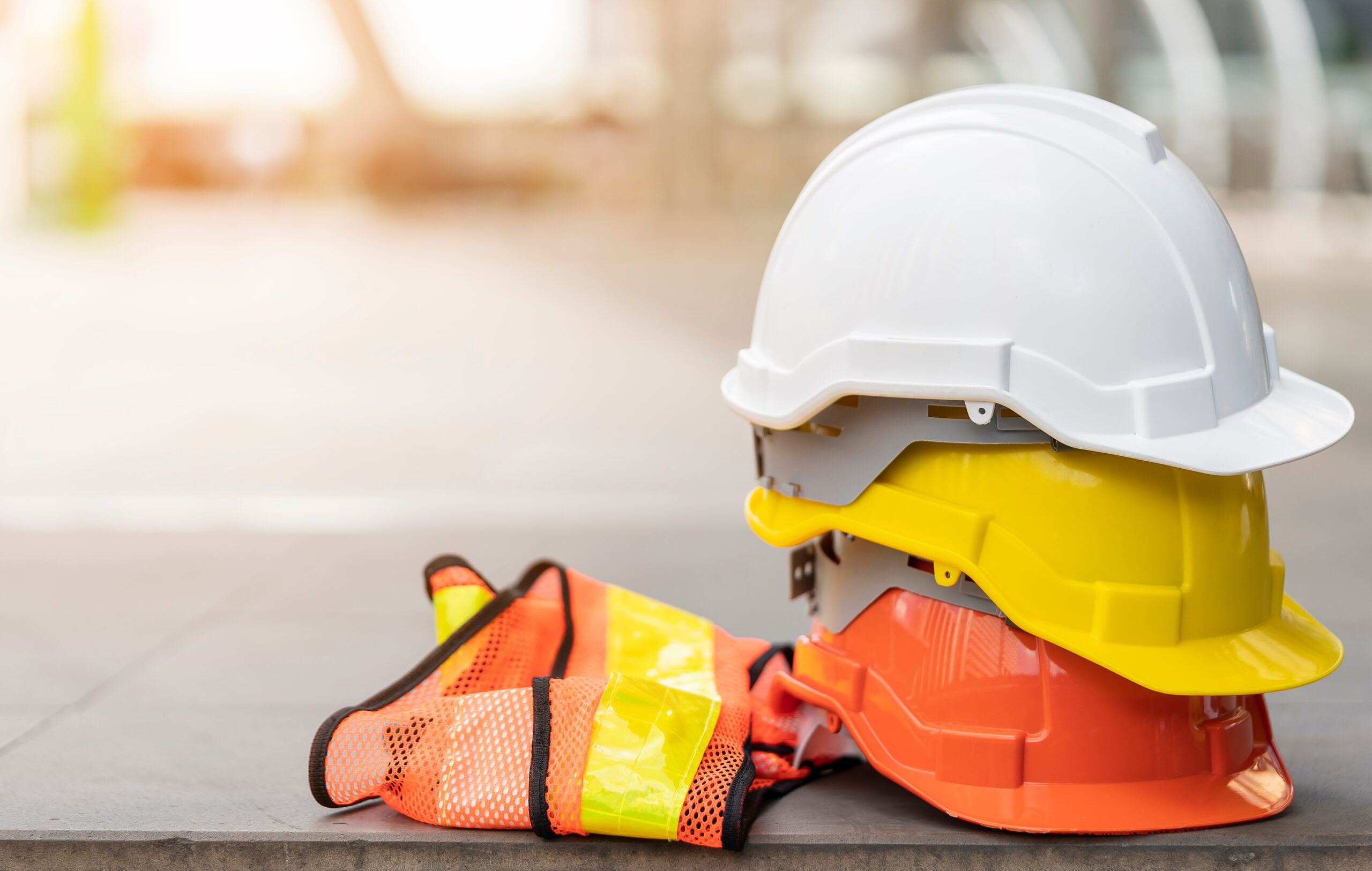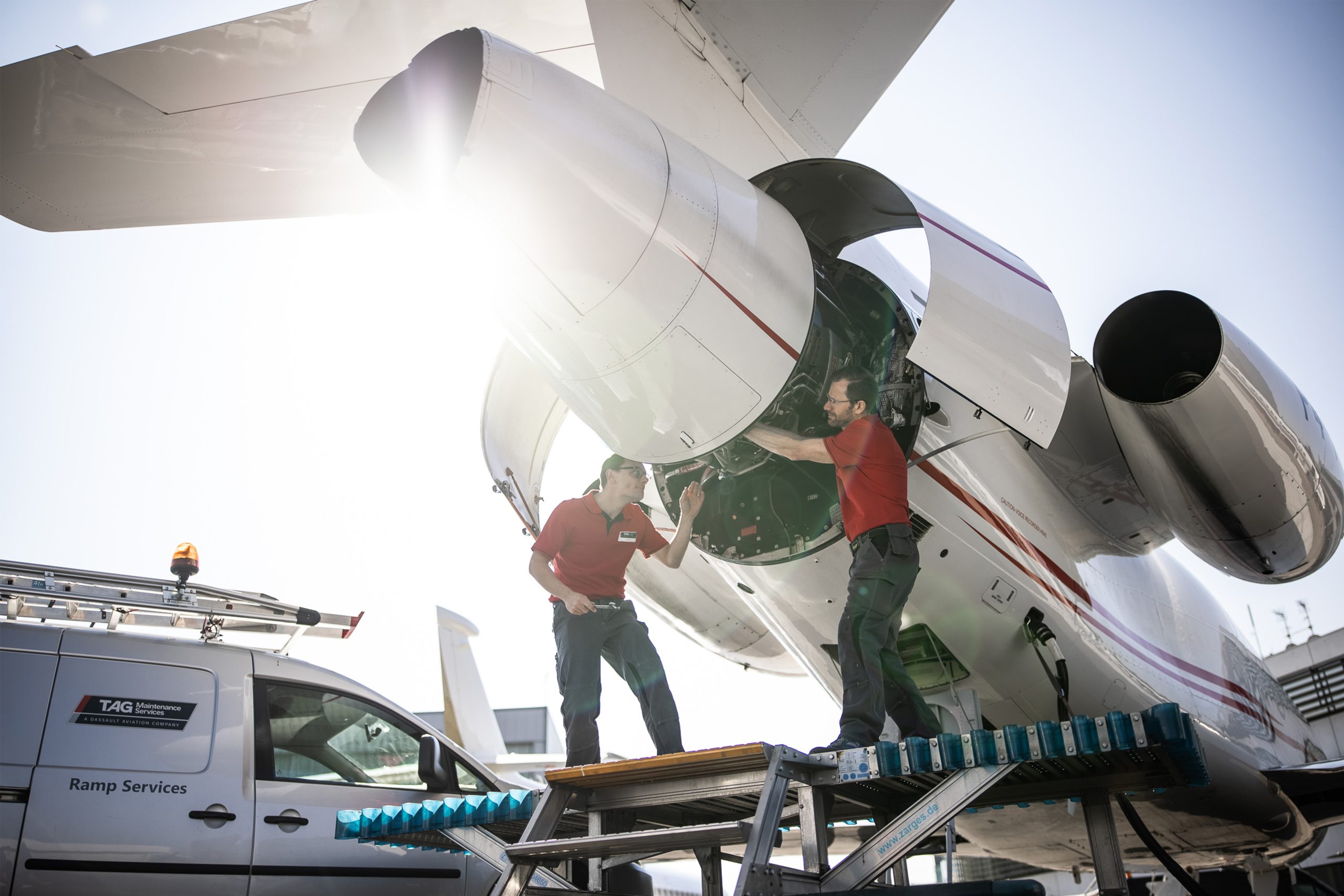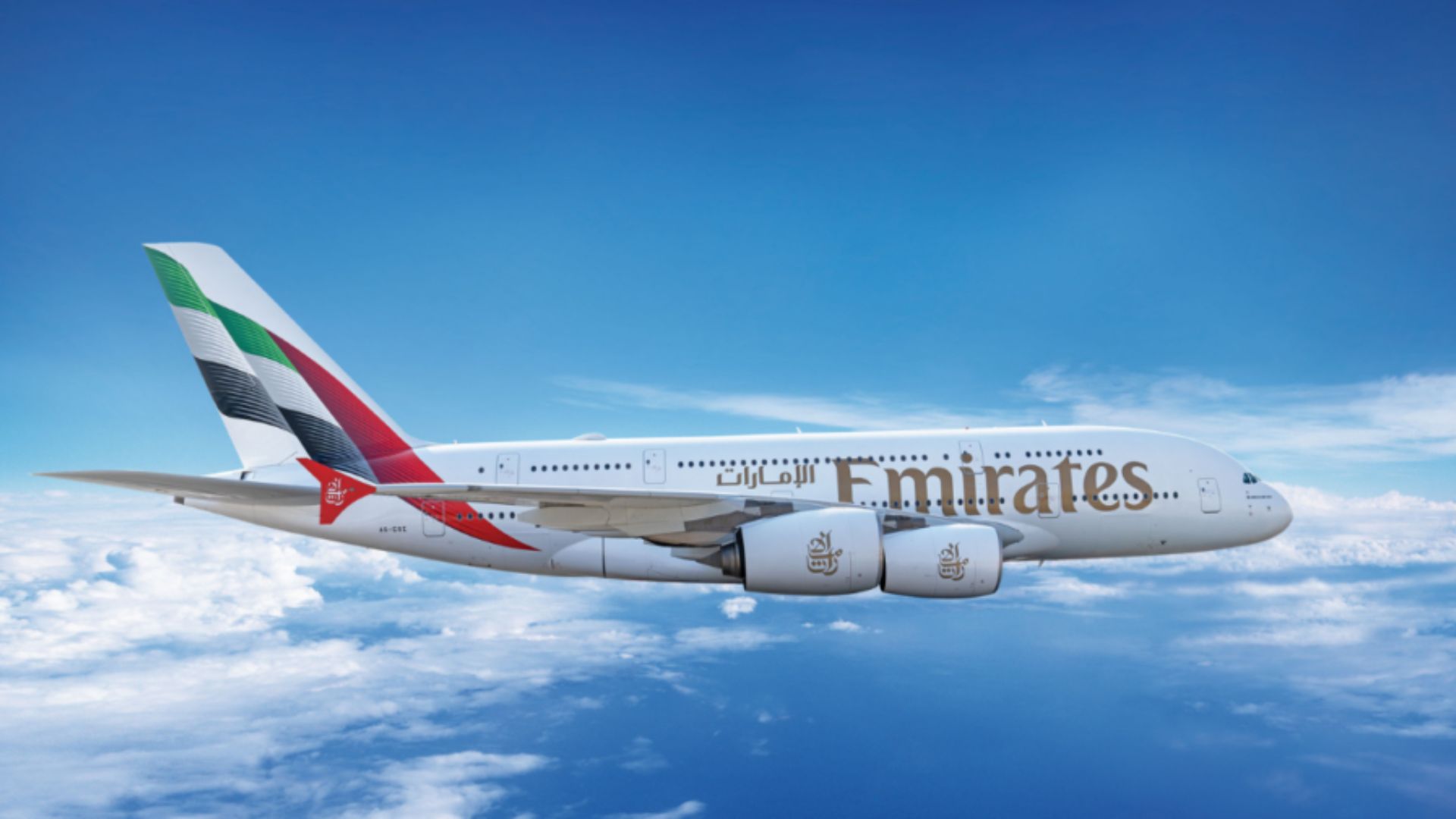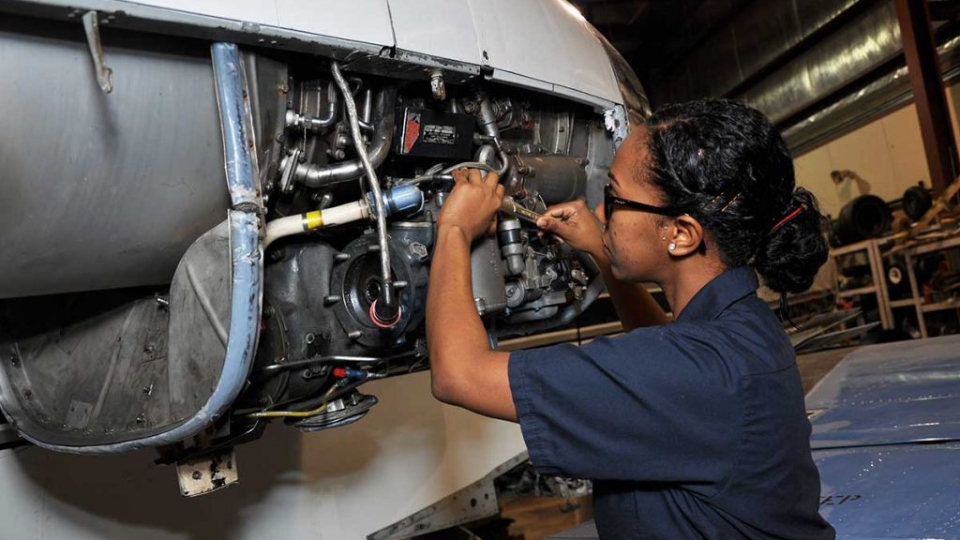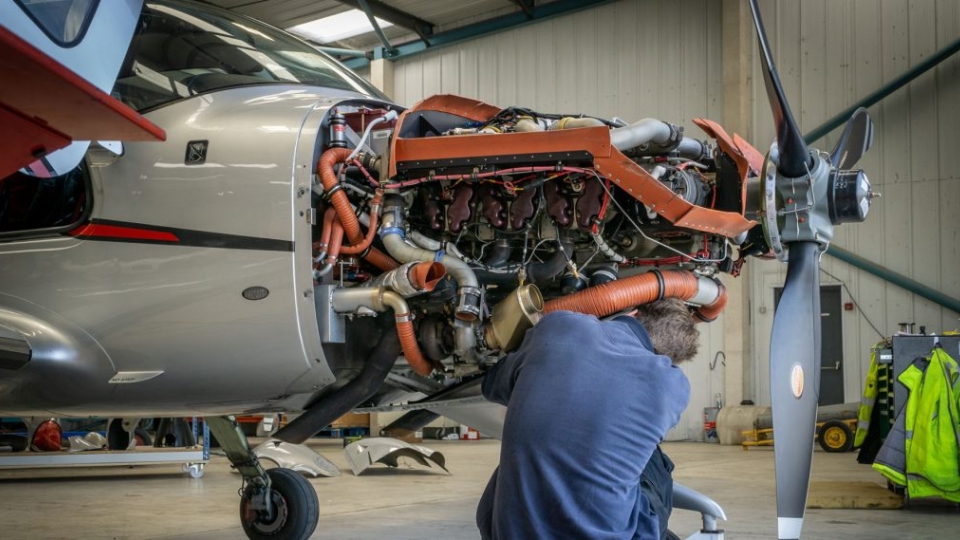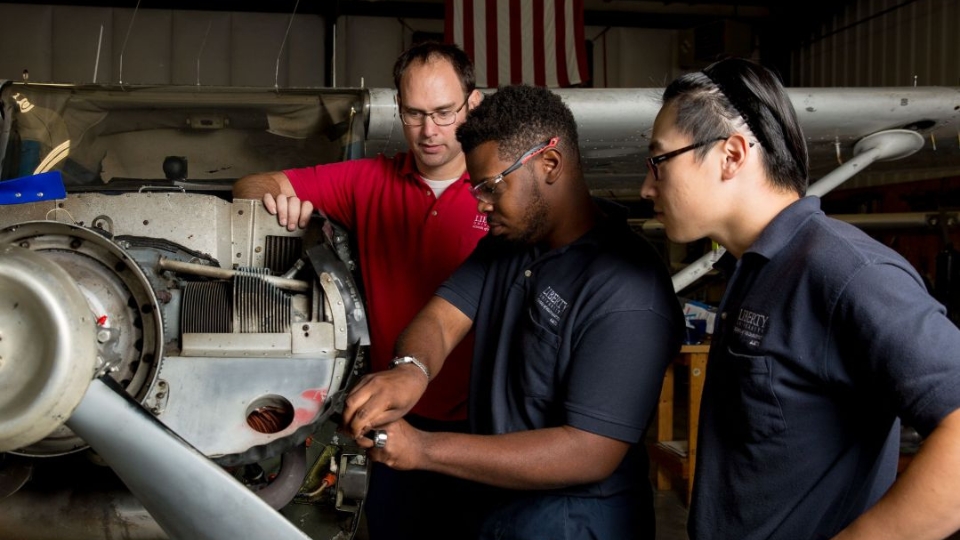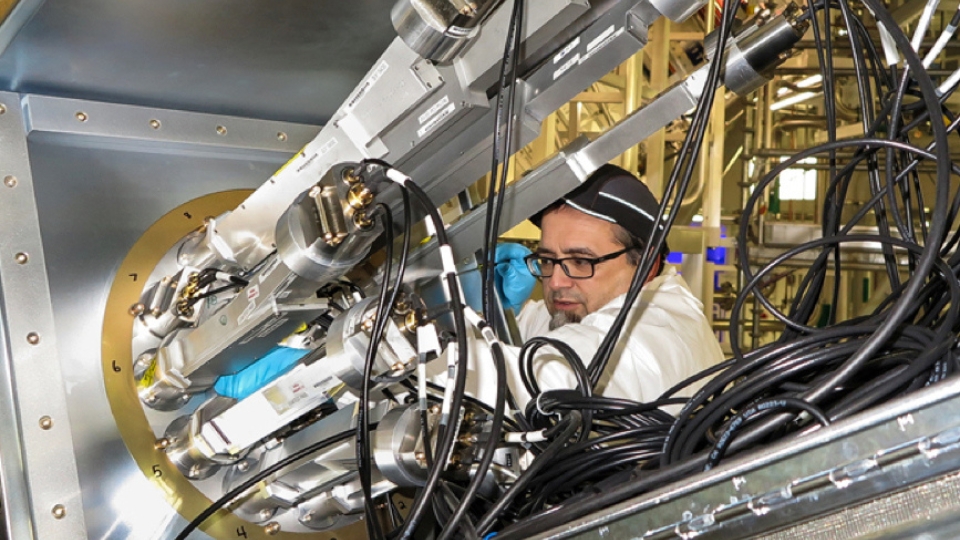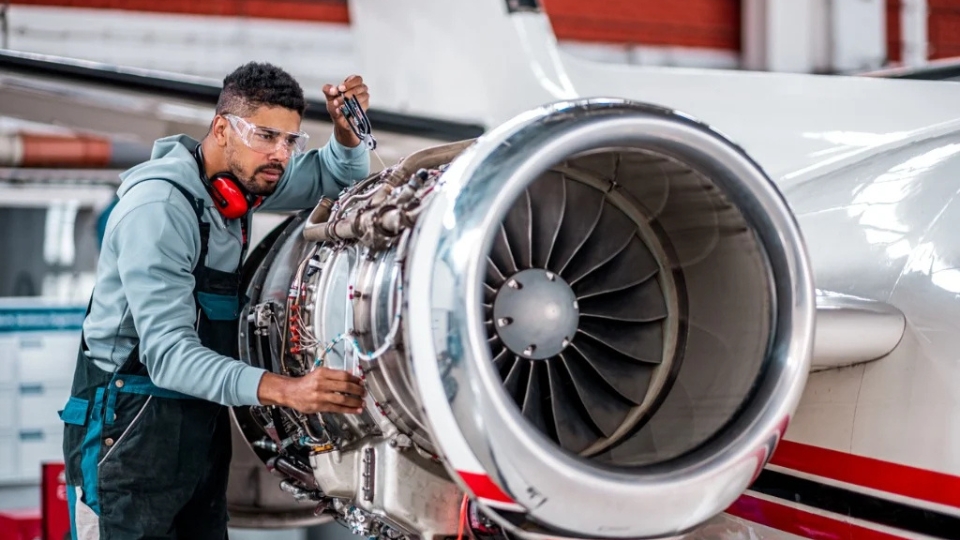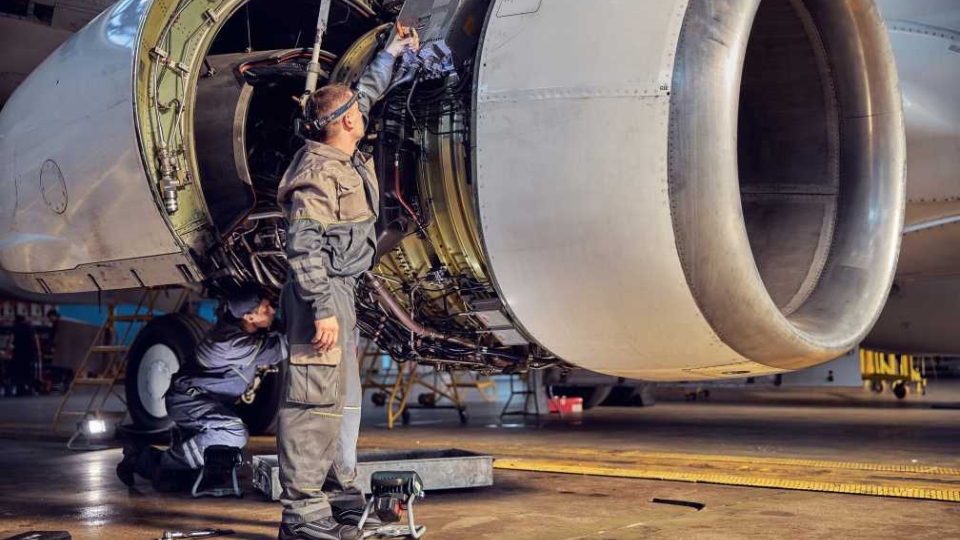Safety and punctuality are the cornerstones of aviation. Aircraft maintenance ensures flight reliability by keeping planes in optimal condition, preventing technical failures, and minimizing disruptions to schedules. Regular inspections, repairs, and system upgrades allow airlines to provide safe, efficient, and dependable air travel for passengers and cargo alike.
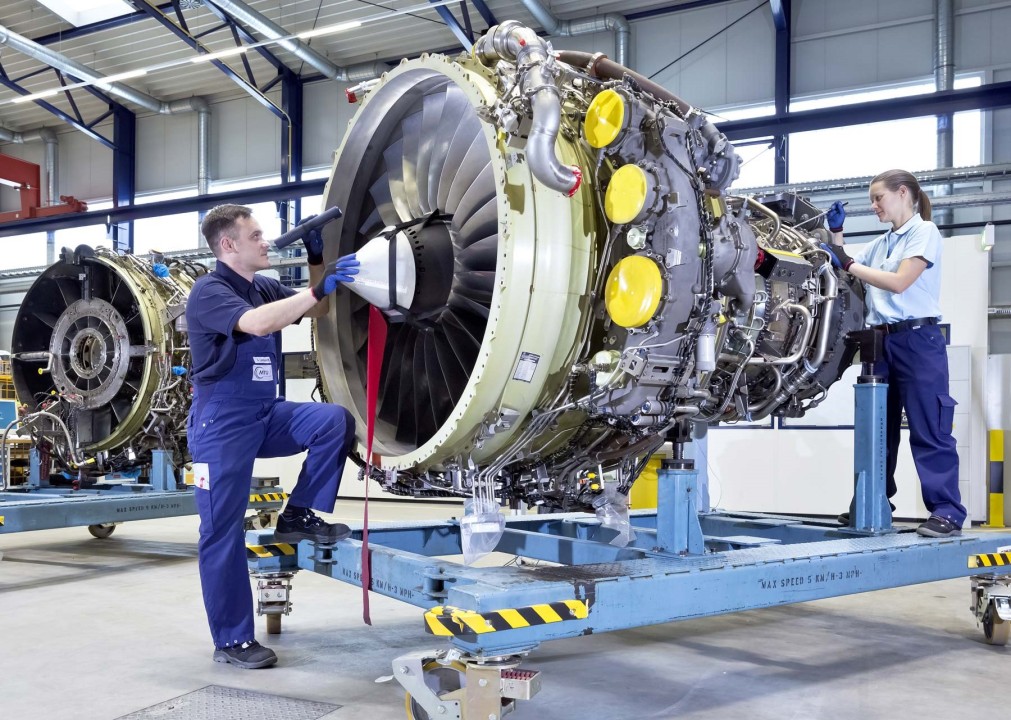
Aircraft maintenance ensures flight reliability
The Importance of Routine Maintenance
Routine maintenance is essential for identifying potential issues before they escalate. Scheduled inspections, engine checks, and component replacements help maintain the structural integrity and performance of aircraft. By addressing small problems early, airlines reduce the risk of delays, cancellations, and in-flight malfunctions.
Example:
An airline performing regular engine diagnostics can detect minor wear before it develops into a critical failure, preventing costly delays or emergency landings.
Preventive Measures for Safety
Preventive maintenance goes beyond fixing visible problems. Modern aircraft are equipped with sensors and monitoring systems that provide real-time data on engine performance, hydraulics, and avionics. Maintenance teams analyze this data to proactively address potential issues, ensuring each flight meets strict safety standards.
Example:
Flight control sensors detect unusual vibrations or pressure fluctuations, alerting technicians to inspect and resolve the issue before the next flight.
Enhancing Operational Efficiency
Well-maintained aircraft are more reliable and efficient. Preventive maintenance reduces the likelihood of unexpected breakdowns, helping airlines maintain punctual schedules. This reliability enhances passenger confidence and minimizes financial losses due to delays or aircraft downtime.
Example:
A commercial airline can maintain a strict timetable for multiple daily flights because each plane undergoes thorough pre-flight inspections and timely component replacements.
Extending Aircraft Lifespan
Regular maintenance extends the operational life of aircraft. Proper care of engines, landing gear, and avionics ensures that planes remain in service longer, providing a better return on investment for airlines. It also reduces the need for premature replacement, which is costly and time-consuming.
Example:
A regional jet maintained according to manufacturer guidelines can remain in service for 25 years, continuing to provide safe and efficient flights while avoiding costly overhauls.
Supporting Passenger Confidence
Passengers trust airlines that demonstrate a commitment to safety and reliability. Well-maintained aircraft contribute to a smooth travel experience, minimizing delays and technical issues. Visible maintenance practices and adherence to regulatory standards reassure travelers that safety is the airline’s top priority.
Example:
Passengers boarding a plane that has undergone recent inspections and maintenance checks feel confident in the airline’s dedication to safety and reliability.
Challenges and Technological Solutions
Aircraft maintenance faces challenges such as complex systems, aging fleets, and tight schedules. However, advances in predictive maintenance, AI diagnostics, and automated inspections help maintenance teams work more efficiently. Technology allows airlines to anticipate issues and perform targeted interventions, ensuring consistent reliability.
Example:
AI-driven software can analyze engine performance data over time, predicting potential failures and scheduling preventive maintenance to prevent in-flight disruptions.
Conclusion
Aircraft maintenance ensures flight reliability by combining preventive inspections, repairs, and technological monitoring to maintain optimal performance. Regular maintenance enhances safety, operational efficiency, and passenger confidence while extending the lifespan of aircraft. In an industry where trust and punctuality are critical, consistent and proactive maintenance practices are essential for reliable air travel. Airlines that invest in maintenance not only ensure smooth operations but also reinforce their reputation for safety, dependability, and professionalism.

